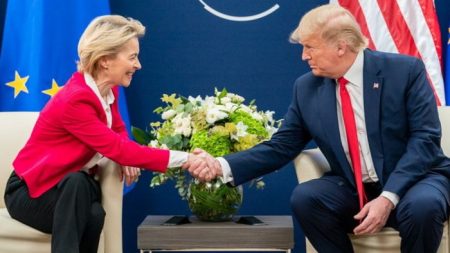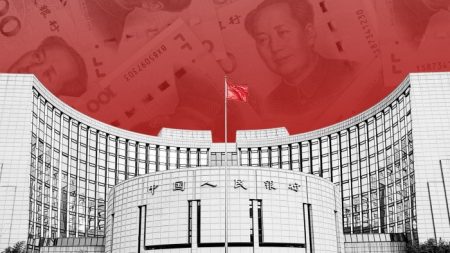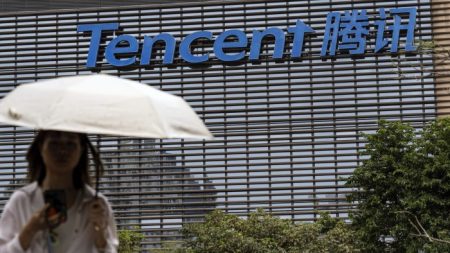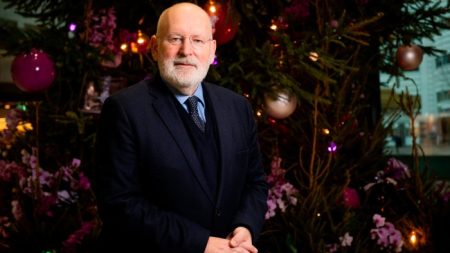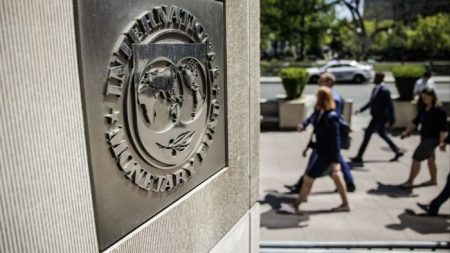Unlock the Editor’s Digest for free
Roula Khalaf, Editor of the FT, selects her favourite stories in this weekly newsletter.
Reform UK has pledged to drastically cut taxes and boost health and defence spending in its election manifesto, despite concerns its plans do not add up.
At a press conference on Monday in Merthyr Tydfil, Wales, the right-wing party set out “radical” plans including lifting the income tax threshold from £12,570 to £20,000 in a series of moves that would result in roughly £88bn in personal and business tax cuts.
Nigel Farage, Reform’s leader, said he accepted the plans were dramatic but insisted they had been fully costed, unlike the £45bn in debt-funded tax cuts set out under the shortlived premiership of Liz Truss that sent financial markets into meltdown in 2022.
“It’s radical, it’s fresh thinking,” Farage said. “It’s not what you’re going to get from the current Labour and Conservative parties.”
Reform has committed to roughly £141bn in tax cuts and additional spending each year, funded by raising about £150bn through measures including a 5 per cent cut in department budgets, axing net zero plans and overhauling the Bank of England’s money-printing operation.
Carl Emmerson, deputy director of the Institute for Fiscal Studies, a think-tank, said the manifesto did not add up and would cost billions of pounds more than claimed. “These plans cannot be implemented without finding ways to raise money or cut spending,” he said.
The insurgent party is trying to broaden its base ahead of the July 4 general election and position itself as the main party on the rightwing of British politics, supplanting the Tories.
Reform is currently averaging about 14 per cent in the polls, but in one YouGov poll last week it overtook the Tories by a single percentage point to reach 19 per cent.
Farage said the manifesto — which features a picture of him in Downing Street on the cover — was not an attempt to govern the country. “That’s not possible in this election . . . our aim and ambition is to establish a bridgehead in parliament,” he said.
Farage labelled the vote an “immigration election” as he warned of a “population explosion” and called for the UK to exit the European Court of Human Rights.
Madeleine Sumption, director of Oxford university’s Migration Observatory, said Reform’s plans to “freeze non-essential immigration” were unclear and could wind up being less radical than presented.
“It’s not clear what kinds of work would be counted as ‘essential’,” she said, noting Reform mentioned exemptions for health workers. She added carve outs would result in a policy not far removed from the status quo.
“Outside of the health and care sector there isn’t much scope left to reduce migration without a fiscal cost,” she said, adding politicians were reluctant to offset low wages in the care sector due to the state of public finances.
Reform has pledged to cut departmental spending by 5 per cent without an appreciable dip in services but also committed to invest in the NHS and boost defence spending to 3 per cent of GDP, meaning it will have to reduce other department’s budgets more drastically to offset these proposals.
The party also said it would block the BoE from paying interest to commercial banks at the benchmark rate of 5.25 per cent on £770bn of reserves as part of quantitative easing policies in a move that would raise £35bn each year.
The IFS previously said this measure was unlikely to raise even half the amount Reform expected.
Read the full article here



